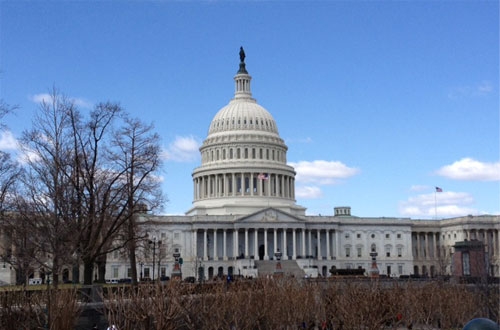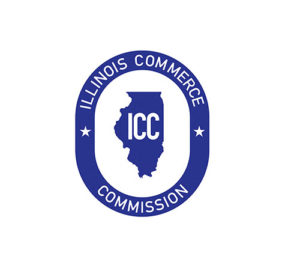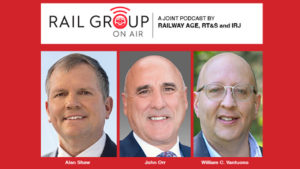Shippers meet with House Transportation and Infrastructure Committee to discuss PSR
Written by David C. Lester, Editor-in-Chief
The U.S. House Transportation and Infrastructure Committee held a rail transportation roundtable with shippers yesterday to discuss the problems facing farmers, manufacturers and energy companies stemming from the implementation of precision scheduled railroading, or PSR.
The shippers said that if the railroads had been more collaborative, and involved the shippers in the PSR planning process, the road to implementation would be much smoother than it has been to this point.
Mike Lacey, president of Solvay, an international chemical company with 50 manufacturing sites in the U.S., said “A lot of the problem is complete lack of partnership with the shippers. They don’t engage you in the process early, they don’t tell you what they’re trying to do and how they think you can help. We’re not going to oppose everything the railroads want to do, but there are some things that would work well for all of us if we knew about it.”
The implementation of precision scheduled railroading has streamlined operations for the carriers, but shippers have experienced significant service delays. In addition, the shippers claim they are being overcharged for storage and equipment.
Mike Amick, senior vice president, Paper the Americas, for International Paper pointed out that it’s difficult to push back against the railroads because of their market power, with only four Class Is in the United States.
“The journey that we’ve been on [with the railroads] during the last three years is one that has been full of surprises — and it’s been outright shocking at times in either the amount or size of those surprises,” Amick added.
Randy Gordon, president and CEO of the National Grain and Feed Association, asked members of the committee to review national transportation policy within the framework of the Staggers Act, which provided economic deregulation of the railroads when it became law in 1980.
“We’re not looking to reopen Staggers by any stretch,” Gordon said. However, he added, shippers would like to have a “better balance between the need for railroads to earn revenues, which we all need them to do, and the need for competition and commercial fairness in some of these practices.”
Source: Freightwaves (freightwaves.com)
For the latest news, go to rtands.com





